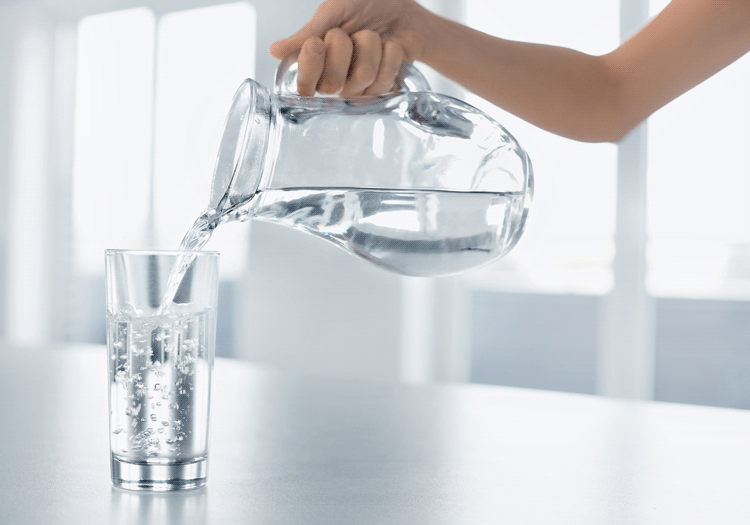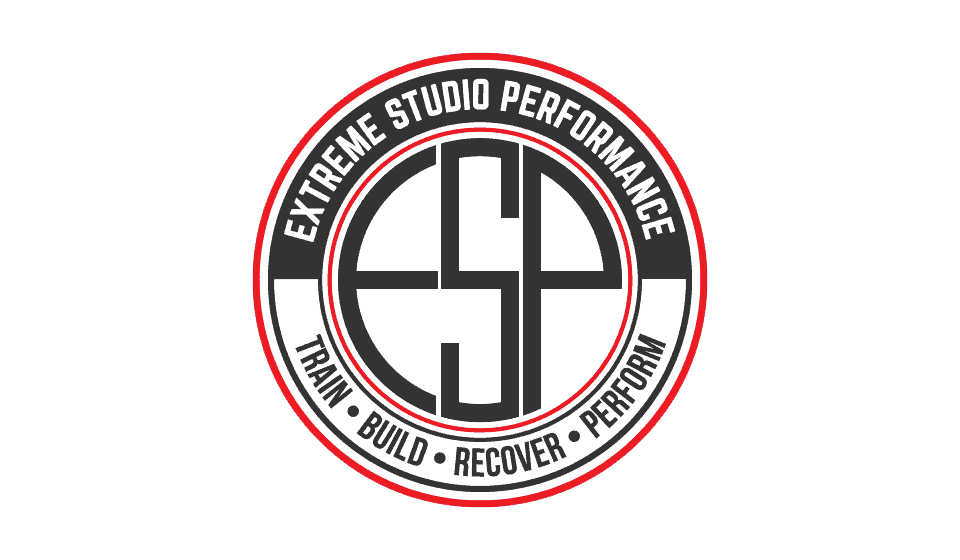
Water is your best bet!
Water is a nutrient. It does not supply calories, but without water, most people could not survive more than a few days. Your body is about 55 to 70 percent water, about 10-12 gallons.

Water’s Role in the Body
Regulating your body’s temperature is the major function of water. During activity water keeps the body from overheating. Water helps nearly every part of the human body function efficiently. Water also:
- Helps alleviate headaches and dizziness caused by dehydration
- Helps with breathing
- Carries nutrients and oxygen to all cells in the body
- Moistens oxygen for breathing
- Protects and cushions vital organs
- Helps to convert food into energy
- Helps the body absorb nutrients
- Removes waste
- Cushions joints
How Much?
The thirst mechanism is not always a reliable indicator of your body’s need for fluid. Be sure to drink plenty of water daily. Eight to 10 – 8 oz cups of water per day are recommended.
To fit this into a child’s day, include:
- Start off with an activity such as running, arc trainer, etc.1-2 glasses per meal or with snacks
- 1-2 cups before exercise
- 1/2 – 1 cup every 15-20 minutes during exercise
- 1-3 cups after exercise
- If a child is sick or sweating, a lot more water may be needed.
Is My Child Getting Enough Fluid?
The simplest way to tell if a child is drinking enough is to check the color and amount of urine excreted. If urine is clear, normal water balance has returned. If urine is dark, drink more water.
Can My Child Drink Anything Else Besides Water?
- Decaffeinated beverage (caffeine acts as a diuretic, causing water loss)
- Unsweetened flavored waters
- 100 percent fruit juices (no more than 8 oz per day)
- Fruit juice diluted with water
- Strenuous activities that last more than one hour may warrant a sports drink.
How Can I Ensure My Child Gets the Recommended Amount of Water Each Week?
- Drink one glass of water with each meal and snack.
- Carry a water bottle.
- Fill a large bottle or container, and keep it in the refrigerator to drink from during the day.
- Keep track of how much water is consumed.
Hydration Before, During, and After Sports
Young athletes need to drink plenty of fluids to prevent dehydration. Dehydration can decrease a child’s strength, energy and coordination and can lead to more severe complications such as heat-related illness. Your child’s athletic performance can be affected even by mild dehydration.
One of the most important functions of water is to cool the body, especially during exercise. As a child exercises, his muscles generate heat, which leads to increased body temperature. As this happens, the child will begin to sweat. When sweat evaporates, it cools the body. If the child does not replace the fluid lost from sweating, his water balance may be disrupted, causing the body to overheat.
While exercising outdoors, your child may be exposed to abnormal or prolonged amounts of heat and humidity. Inadequate fluid intake can cause various types of heat-related illness which may require immediate medical attention. Children often do not think to rest when having fun and may not drink enough fluids when playing, exercising, or participating in sports.
Thirst is not a reliable indicator of hydration status. Experts recommend that children and teens drink water or other fluids every 15 to 20 minutes during physical activity. It is also important to drink afterwards to restore fluid lost through sweat. Plain water is usually sufficient to keep most kids adequately hydrated. Sports drinks are designed to provide energy and replace electrolytes (sodium and potassium) that endurance athletes lose in sweat.
If your child is going to be active for more than one hour, sports drinks may be a good option. After exercising for 60 to 90 minutes, the body has probably used up its readily available sources of energy and may benefit from a fluid that contains carbohydrates. If your young athlete simply won’t drink enough water, sports drinks are an option. Diluted fruit juice is another option, but avoid carbonated beverages that can upset the stomach. The bottom line is that for most young athletes, water is the best choice for hydration.
To help prevent dehydration, have your child drink fluids according to the following schedule:
Before Activity:
Drink 4-8 oz of water one to two hours before activity.
Drink 4-8 oz of water 10-15 minutes before activity.
During Activity:
Drink 5-9 oz of water or sports drink every 15-20 minutes.
After Activity:
Drink at least 24 ounces of water or sports drink for every pound of weight lost within two hours after completion of activity.
The following are signs your child may be dehydrated:
- Dry lips and tongue
- Sunken eyes
- Bright colored or dark urine, or urine with a strong odor
- Infrequent urination
- Small volume of urine
- Apathy or lack of energy
- Irritability
- Sudden decline in performance
Dehydration can cause serious side-effects. As a child becomes dehydrated, their heart rate increases, blood flow to the skin decreases, and body temperature can rise to dangerous levels. Heat-related illness is a potentially life-threatening medical emergency. When all is said and done, water is an athletes best friend. It will make for better overall athletes both mentally and physically.
The best way to incorporate the importance of hydration with specifically water at the youth level, is to start early. When kids are introduced to all the sugary and “high energy” drinks that claim everything from A to Z it becomes harder and harder to implement a consistent schedule of water intake. If started at a young age it can become easier for the young athlete to really buy into the concept that water will make for a better athlete and is the purest form of hydration in the body. Remember, if you are thirsty, you are already dehydrated!!!
